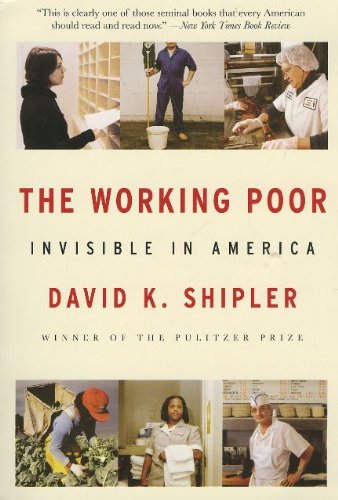Should “community standards” play a part in what is taught in the classroom? This is the question we asked Highland Park, Tx. school officials in a February 6 letter about new proposals to deal with controversies over certain reading materials.
On February 10, the school board will debate — and possibly vote on — proposed policy changes that will affect how schools will select materials and deal with formal challenges from parents. But the new rules, which in theory aim to encourage more community input, could wind up creating new headaches.
NCAC argues in the letter that the proposed labor-intensive review process would overextend the reach of parents into the curriculum while also demanding that materials be judged according to the vague concept of “community standards.”
The Texas school district made headlines around the country last year when superintendent Dawson Orr removed seven titles from the Outside Reading List. That decision was reversed, and Orr suggested parents file formal complaints if they objected to certain reading materials.
Last month, one parent parent filed a formal complaint about David K. Shipler’s The Working Poor: Invisible in America, a book chronicling the lives of Americans struggling with poverty. The parent demanded that it be removed from the AP English III curriculum due to one chapter’s discussion of abortion and sexual violence. Shipler’s book, a lacerating look at the effects of socioeconomic injustice within our country, has been praised in many quarters, but no matter. To the complainant, the book was plainly a “socialist, Marxist book,” prompting her to suggest that instructors teach books by Ayn Rand and far-right commentator Ben Carson instead.
The parent recently withdrew her complaint, but that doesn’t mean things are settled. Formal complaints like this one demonstrate that complaints about materials can be unpredictable, revealing the pitfalls of any kind of proposal to invite community feedback on educational materials.
NCAC staunchly opposes the proposed policy changes that would undermine educational standards in curriculum selection. Instead, NCAC urges the school board to adopt policies that respect the professional judgments of educators and the rights of students, and that help parents understand why materials are selected.


